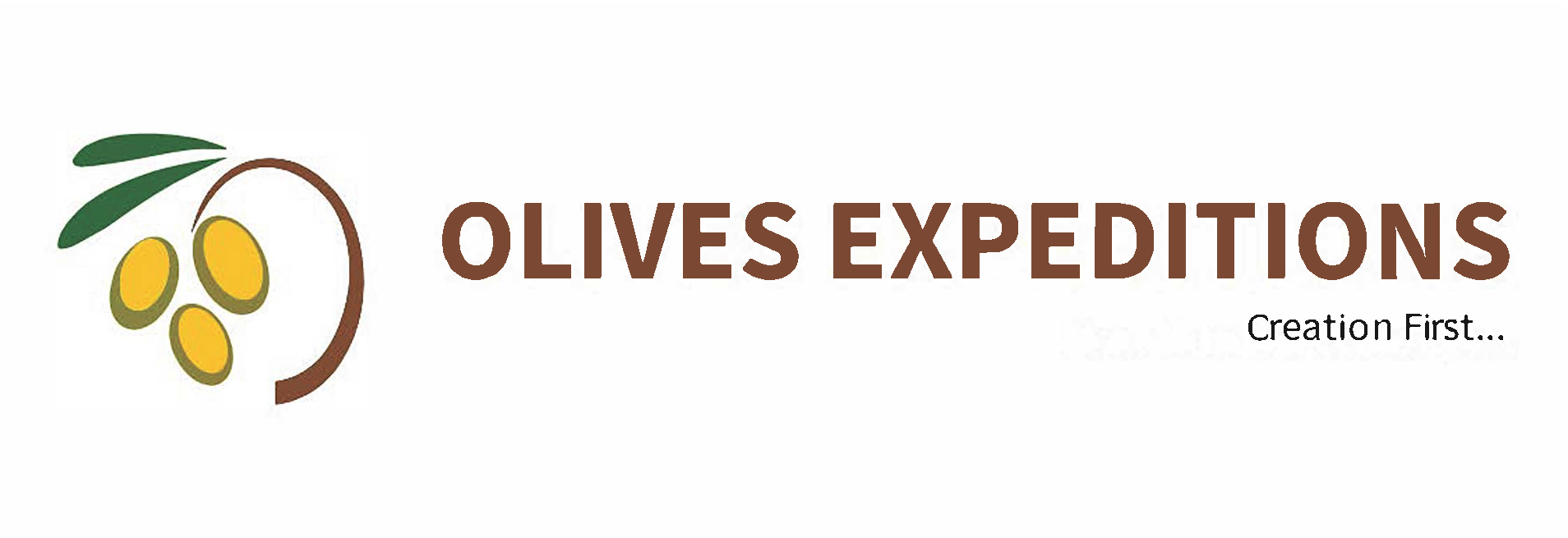Introduction:
Navigating customs clearance can be a daunting task for international shippers, with its complex regulations and documentation requirements. However, understanding the customs clearance process is essential for ensuring smooth and efficient cross-border trade. In this comprehensive guide, we’ll provide valuable insights and guidance to help businesses demystify customs clearance and streamline their international shipping operations.
Understanding Customs Regulations:
The first step in navigating customs clearance is understanding the regulations governing international trade. Customs regulations vary from country to country and cover aspects such as import duties, taxes, prohibited items, and documentation requirements. By familiarizing yourself with the customs regulations of the countries you’re shipping to and from, you can ensure compliance and avoid potential delays or penalties.
Documentation Requirements:
Documentation is a critical aspect of the customs clearance process, as it provides the necessary information for customs authorities to assess and process shipments. Common documents required for customs clearance include commercial invoices, packing lists, certificates of origin, and bills of lading. Ensuring that your documentation is accurate, complete, and properly filled out is essential for smooth customs clearance.
Tariff Classification:
Tariff classification involves determining the correct classification code for your goods, which is used to assess applicable duties and taxes. Each country has its own tariff classification system, and goods are classified based on factors such as their nature, composition, and intended use. Understanding tariff classification codes and accurately classifying your goods can help you avoid overpaying or underpaying duties and taxes.
The Role of Customs Brokers:
Customs brokers play a crucial role in the customs clearance process, acting as intermediaries between shippers and customs authorities. Customs brokers are experts in customs regulations and procedures and can help ensure that your shipments comply with applicable requirements. They handle tasks such as preparing and submitting documentation, paying duties and taxes on behalf of shippers, and facilitating communication with customs authorities. Engaging the services of a reputable customs broker can streamline the customs clearance process and help you navigate any challenges that may arise.
Conclusion:
Navigating customs clearance is essential for international shippers looking to expand their business across borders. By understanding customs regulations, documentation requirements, tariff classification, and the role of customs brokers, businesses can ensure smooth and efficient customs clearance for their shipments. Empowered with this knowledge, businesses can streamline their international shipping operations, minimize delays, and maximize efficiency in cross-border trade.
